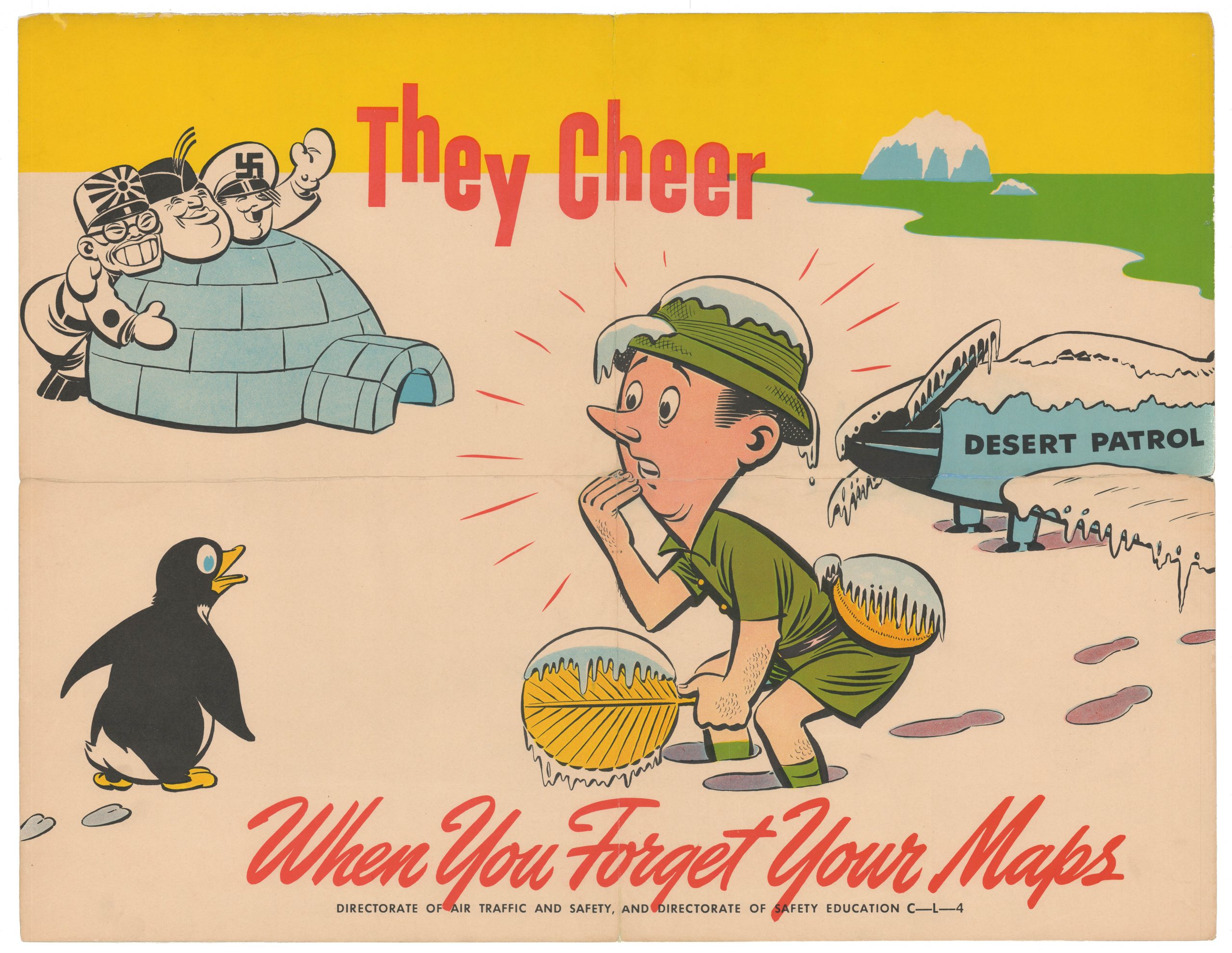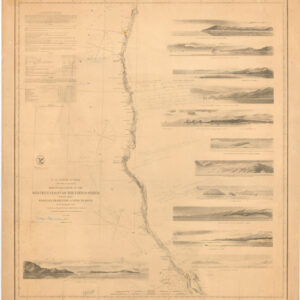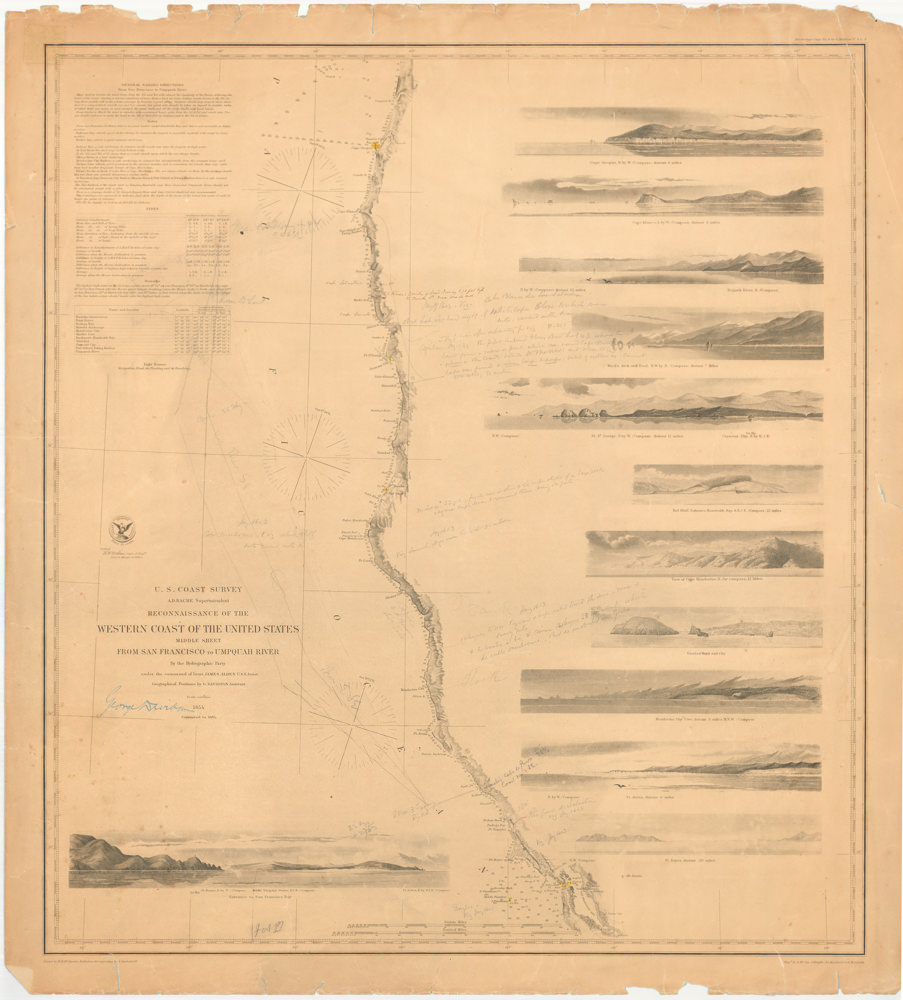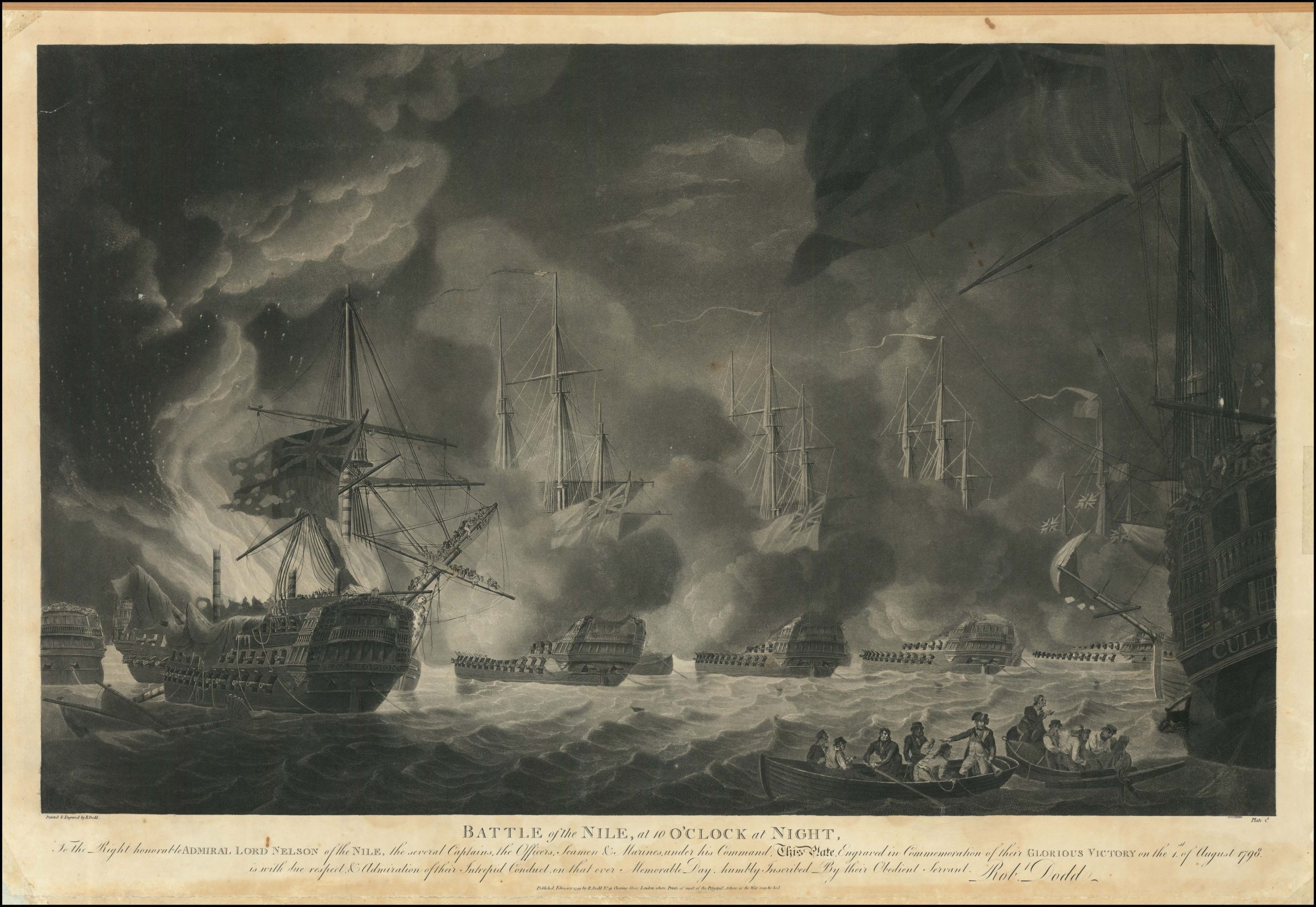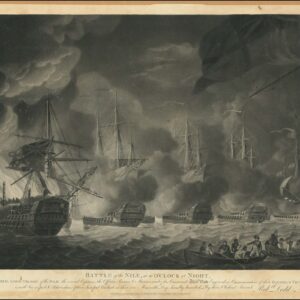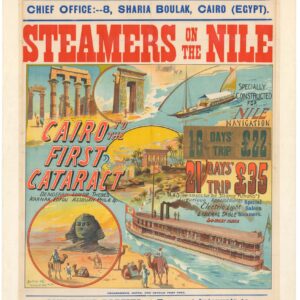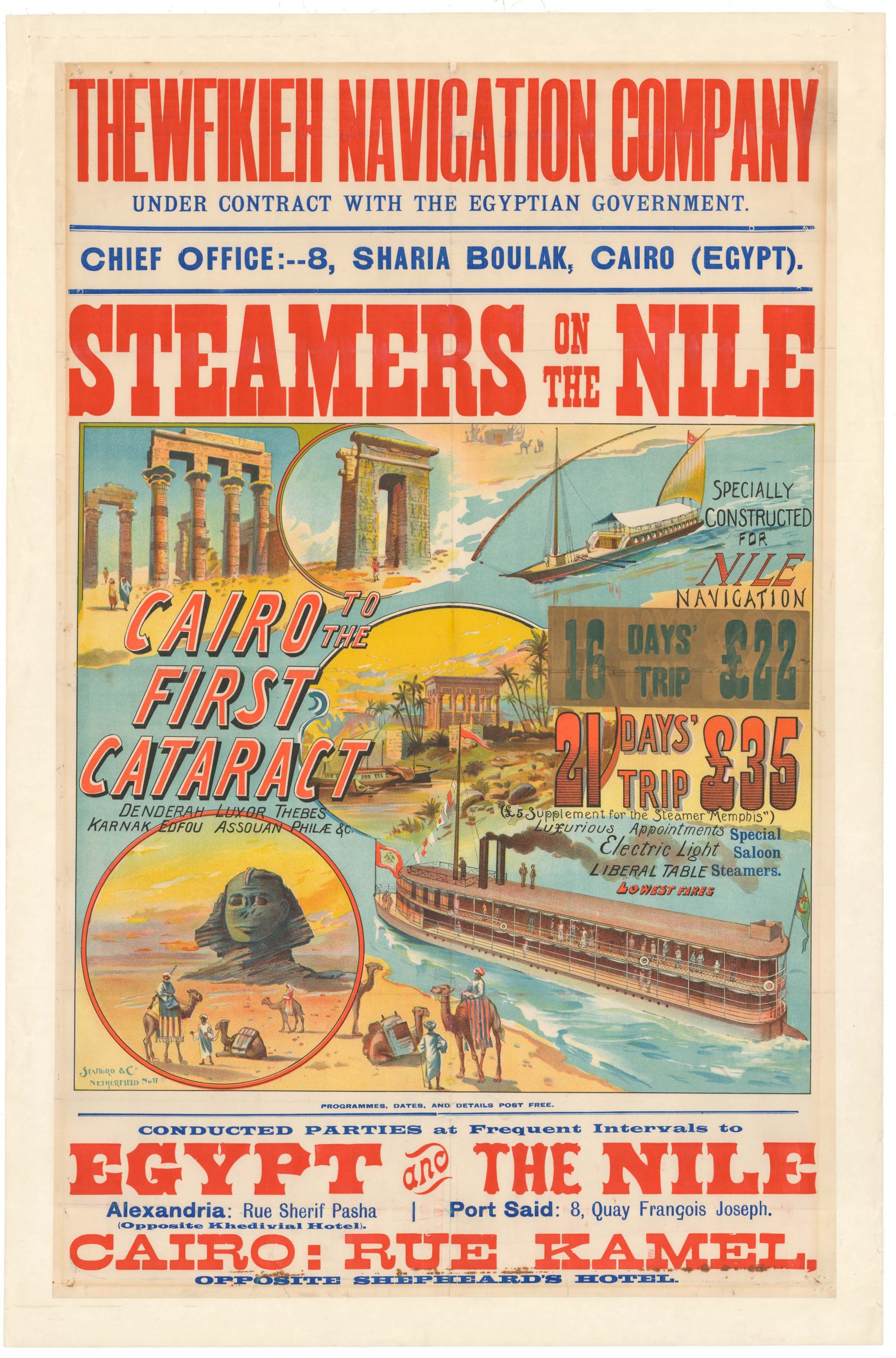England’s path out of Darkness: a lithographic poster depicting William Booth’s vision for the Salvation Army.
In Darkest England, And the Way Out. Salvation Army Social Campaign, Work for All.
Out of stock
Description
This Late Victorian lithographic poster, In Darkest England and the Way Out, serves as a visual representation of the Salvation Army’s ambitious social campaign that was inspired by General William Booth’s 1890 book of the same title. Initially featured in Booth’s publication, the chart aimed to shed light on the transformative potential of the Salvation Army’s proposed social reforms during a time when England grappled with severe poverty and complex social issues.
William Booth and the foundation of The Salvation Army
William Booth (1829-1912), the visionary founder of the Salvation Army, coined the book’s title, drawing a parallel between the dire conditions he observed in the poorest urban districts of England and the remote regions of Africa, as documented by explorer Henry Morton Stanley. Booth intended to highlight that many of England’s urban areas were as deprived as those described in Stanley’s published works.
The Salvation Army’s mission, as outlined in Booth’s book, sought to uplift the “submerged tenth” of the British population, estimated at 3 million, from the abyss of poverty, vice, and crime. The Salvation Army proposed creating self-sustaining communities, known as Colonies, offering food, shelter, employment, and support to those in need. These communities came in various forms: City Colonies, Farm Colonies, and Over-Sea Colonies.
A gateway to a better world
The composition forms a doorway, inviting viewers to view Booth’s utopia. On the pilasters flanking the doorway, Booth presents statistics highlighting the social and economic costs of poverty, such as the number of prostitutes, prison populations, convictions for drunkenness, and more. At the bottom of the chart, a turbulent sea represents the world today, marked as it is by poverty, starvation, and vice. Drowning individuals symbolize the plight of the poor, while the Salvation Lighthouse offers hope and salvation. Salvation Army members and lifeboats line the shores, rescuing those in distress. The sea is littered with social issues plaguing Victorian Britain, including fundamental social challenges such as unemployment and homelessness.
Above the Salvation Lighthouse, an idealized world of social improvement is depicted in which charitable homes, institutions, and villages assist groups in need. The poster envisions the cleanup of slums, the collection of valuable waste, legal aid for all, and the support for workers. Beyond the urban environment, Booth introduces the Farm Colony, an idyllic setting for workers to find employment away from the temptations of the city.
Salvation Colonies
The poster also includes vignettes illustrating different aspects of Booth’s vision. The upper corners depict a sturdy baker and a female laundress, representing the availability of work and food. Additionally, the poster references the establishment of a trial City Colony in Whitechapel and Booth’s Farm Colony in Hadleigh, Essex.
Over time, the vision of Booth’s Farm Colony evolved, but his primary legacy remains the Salvation Army, which continues to embrace his social reform and welfare principles. Many of the ideas presented in In Darkest England and the Way Out eventually influenced the development of the modern Welfare State.
Census
While there are quite a number of institutional holdings of Booth’s book of the same name, the OCLC lists only a single occurrence of the lithographic chart, which is at the Osher Map Library at the University of Southern Maine (no. 1317772831).
Cartographer(s):
William Booth founded the Salvation Army and wrote the book In Darkest England and the Way Out (1890), outlining its principles.
Condition Description
Strong printed color. Discoloration along centerfold.
References
William Booth: In Darkest England and the Way Out (Salvation Army, London, 1890).

